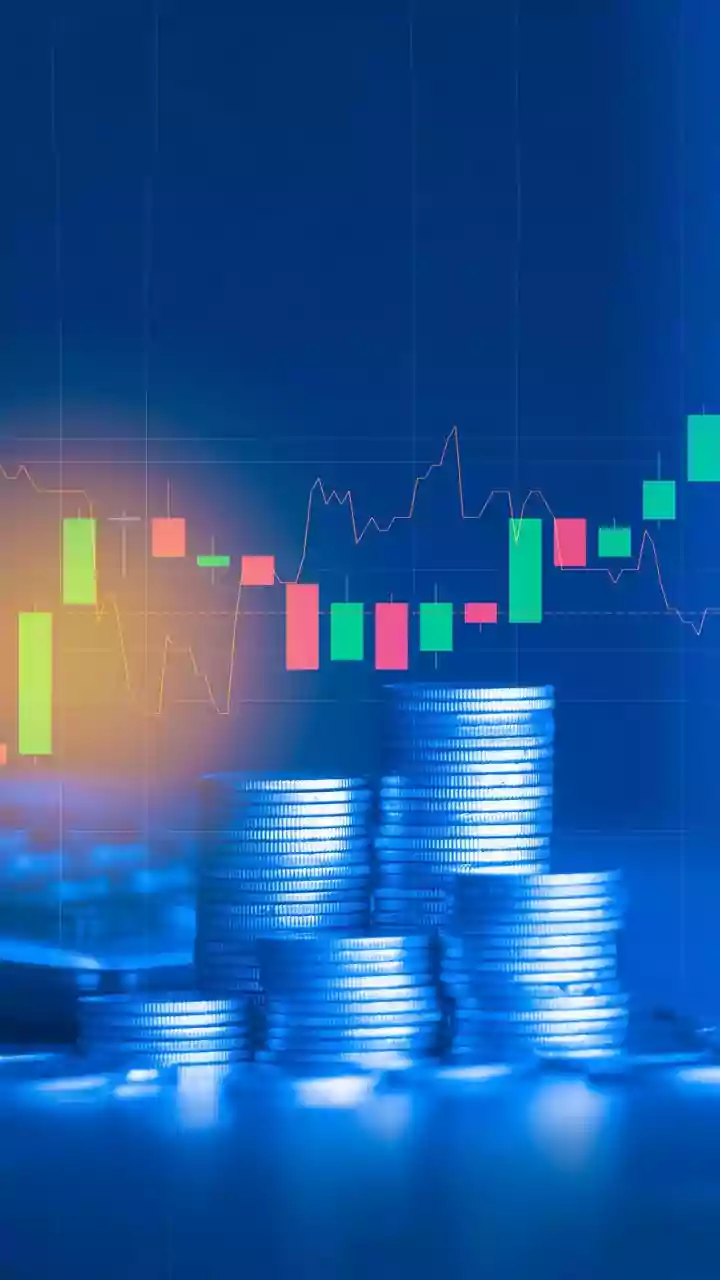Gold's Price Dynamics
Gold, a traditionally safe-haven asset, recently witnessed a retreat from its all-time high valuations. This price adjustment prompts critical questions
for investors: Should they secure profits, or is there potential for further gains? The answer relies on a multitude of factors, encompassing global economic conditions, inflation rates, and currency fluctuations. Understanding these elements allows for informed decisions to be made, determining the optimal time for buying or selling gold holdings. The changing dynamics of the gold market requires constant awareness of the economic factors that influence it.
Strategic Investment Moves
Strategic investment moves often involve learning from real-world scenarios. The current financial climate underscores the importance of case studies that inform how professionals make decisions. Analyzing these examples is essential for understanding effective investment strategies, risk management techniques, and the ability to adapt to changing market conditions. By evaluating real-world investment outcomes, investors gain insights that may help them make better decisions, whether it's in the context of buying or selling assets. The goal is to build knowledge that will help in navigating future investment decisions.
Emerging Market Trends
The evolving market landscape includes many trends. Identifying these trends is critical for investors. This involves examining sectors and companies for growth potential. The rise of new technologies, such as Huawei's OS, also influences investment decisions. Analyzing how companies respond to challenges and opportunities is a crucial step. This includes adapting to competitive pressures and assessing the impact of regulatory changes. These types of assessments can assist investors in identifying emerging trends and understanding how they affect investment portfolios.
Global Economic Influences
Global economic factors can significantly affect the financial markets. Events like changes in international trade relations and geopolitical tensions can influence investment strategies. For example, policy adjustments related to tariffs may reshape investment environments. Furthermore, international relationships affect how companies and investors interact across borders. Understanding how these events affect market dynamics is crucial. Investors must stay informed about global factors to make well-informed financial decisions, especially those affecting India.




















